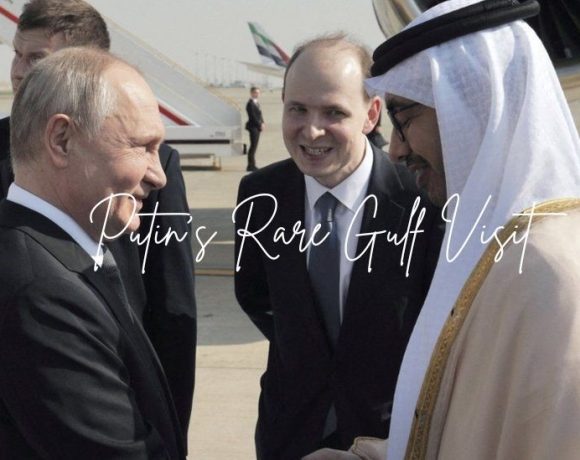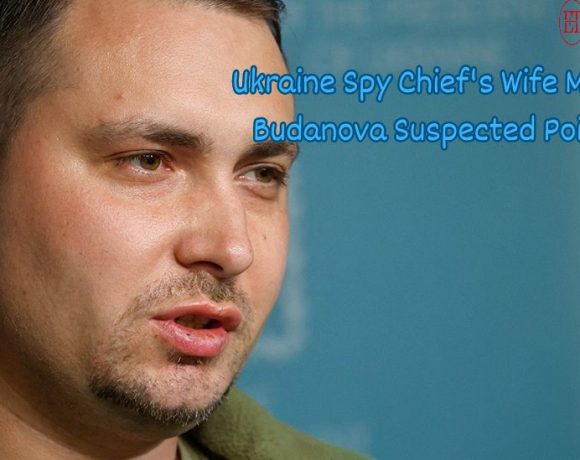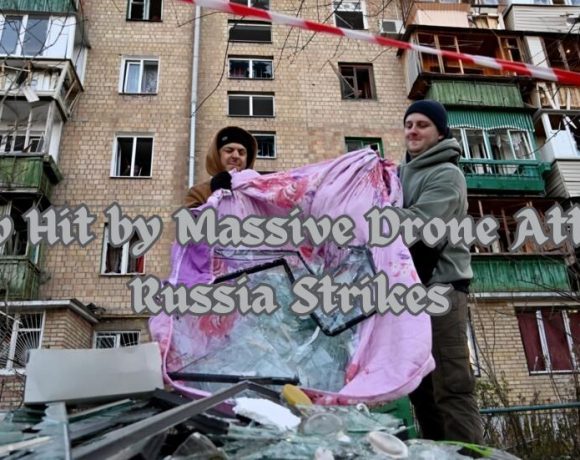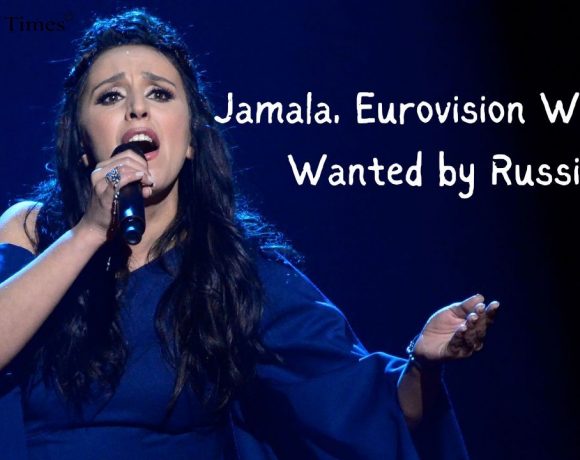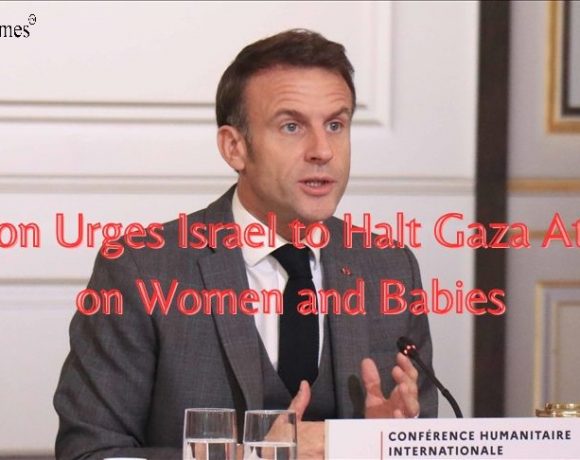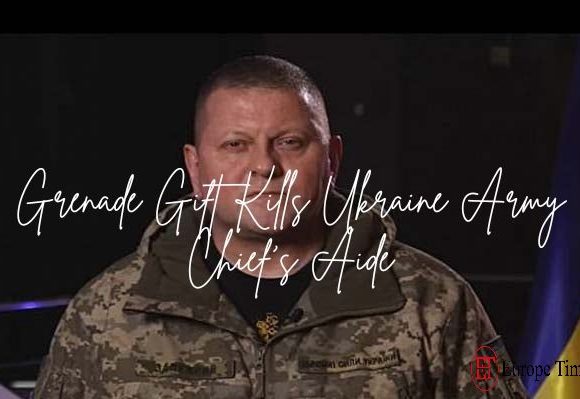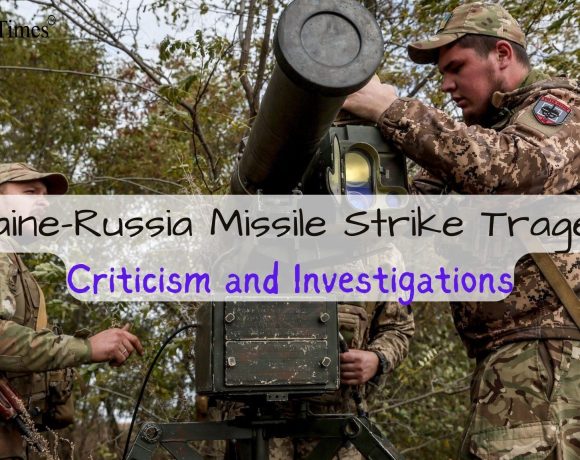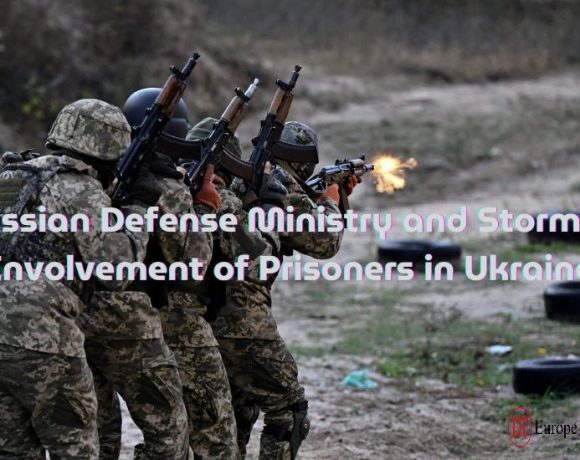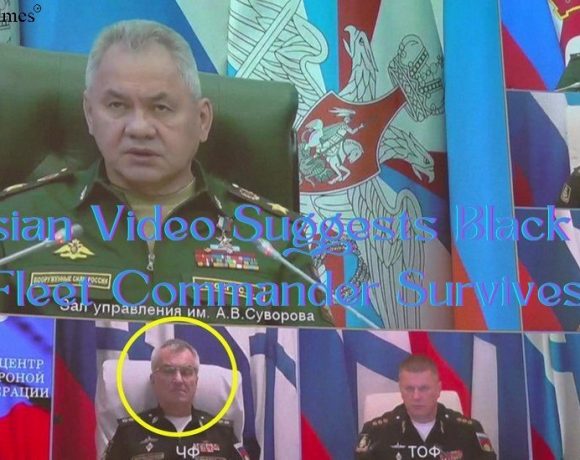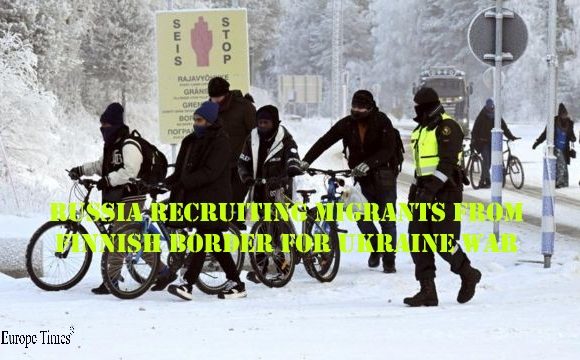
Russia has been recruiting foreign migrants detained at its border with Finland for military service in Ukraine, as evidenced by several cases reported by the BBC. This practice involves coercing individuals in pre-deportation detention centers to sign contracts for army service. While this tactic is not new, the numbers increased significantly as foreign migrants arrived at Russia’s border with Finland. Finland temporarily closed its Russian border crossings, accusing Moscow of using migrants as part of a destabilization campaign after Finland joined NATO.
In the past three weeks, 236 people in Karelia, one of the three Russian regions bordering Finland, were arrested for staying in Russia without valid visas. The pattern was similar in the other two border regions of Leningrad and Murmansk. Migrants, including a Somali man identified as Awad, detained for immigration violations, were approached by military representatives and offered a job in the Russian army, promising good pay, medical care, and permission to stay in Russia upon completing a one-year army contract.
The influx of migrants at Finland’s border led to accusations that Russia encouraged the surge, bypassing visa checks and organizing the distribution of bicycles for migrants. Awad, who had arrived in Russia in mid-July and attempted to enter Poland via Belarus, hired a taxi in November to reach the Finnish border. After being detained, he and others were pressured to sign army contracts to avoid deportation.
The report mentions an Iraqi man facing deportation who claimed he was also pressured to sign an army contract due to the danger he faced in Iraq. According to a representative from the Somali community in Belarus, at least 60 Somali nationals in Russian detention centers were approached by military recruiters, with some reportedly agreeing to sign contracts with the Russian army.
Awad and his group realized they were being sent to fight in Ukraine when they reached a military camp at the border. Despite threats of long prison sentences, the detainees demanded the annulment of their contracts. Some received letters confirming the cancellation, but they remain in the military camp. Awad insists he was deceived and did not fully understand the contract, emphasizing that he is an asylum seeker, not a soldier. The BBC has sought comment from the Russian interior ministry regarding the allegations.
Picture Courtesy: Google/images are subject to copyright

